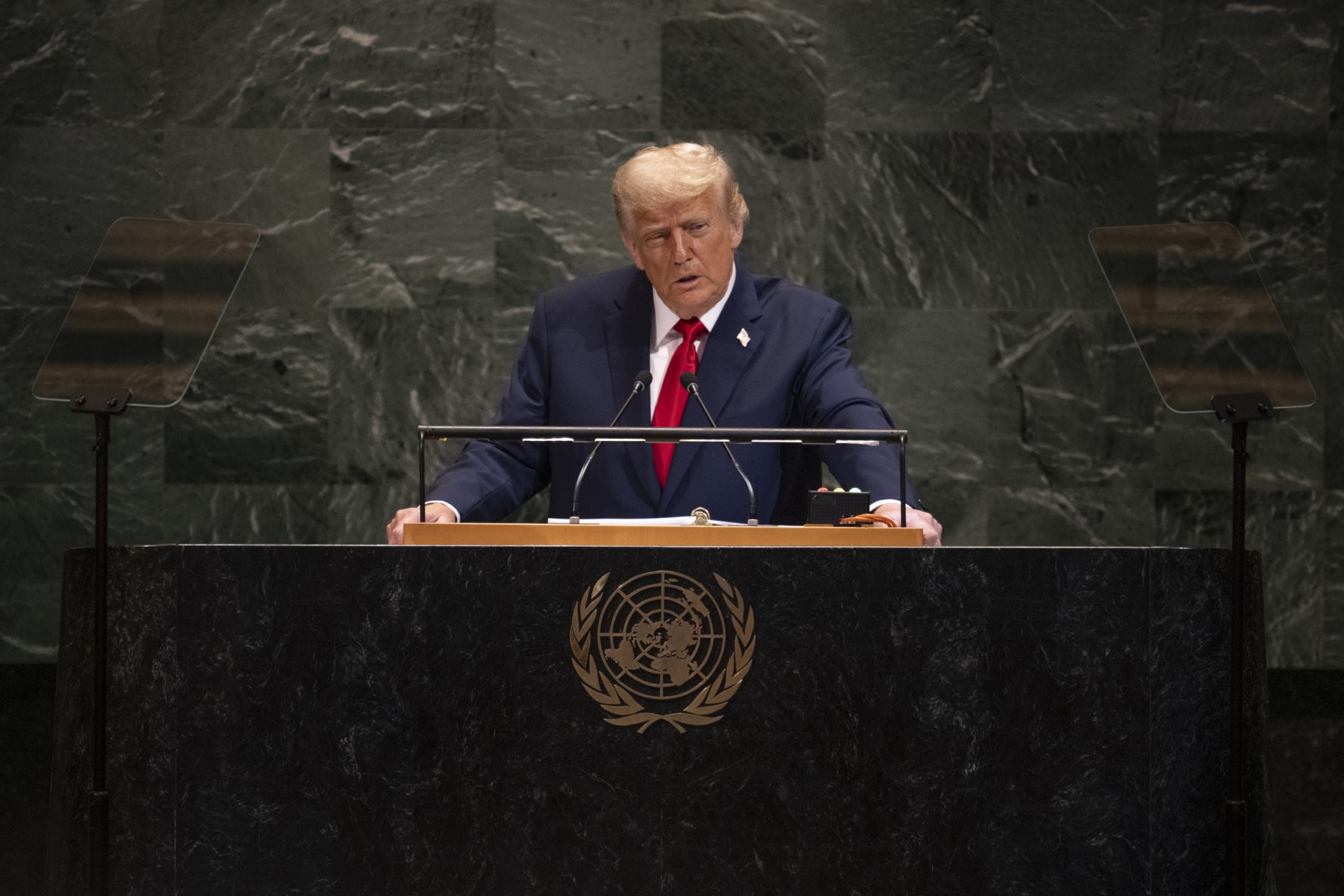Earlier this month I appeared on a BBC morning talk show with Victoria Derbyshire discussing the climate emergency. The presenter opened by talking about climate change and inquired ‘Don’t we know about all of this already?’
And I’m wondering if we do. I’m wondering if the person going about their day is aware that the last 10 hottest years have occurred since 2001. Or that the six wettest years have occurred since 1998 (since records began in the 1800’s.)
I’m not sure at all that everyone knows this already. I’m certainly not sure if people know what some of the key symptoms are that have to lead us to apathy and lack of action. Undoubtedly I agree with the people who refer to the oil and gas lobbies spreading disinformation during the last century or point to the lack of accountability regarding how our elected politicians are funded.
Related topics: The Perils of the Trump Era– Climate Change: A Wake-Up Call for Action – European Parliament Elections –Green New Dealers: What Next?–The Decline of Debate and its Impact on Democracy
But I think there’s one huge element that is preventing us from dealing with climate change effectively both in the United Kingdom which isn’t often discussed in this context.
Britain and the United States are two of the only major global “democracies” left to use First Past the Post (FPtP) in elections for their legislative and executive branches of government. Historically, FPtP has produced reliable and predictable results in both Britain and the U.S. The respective electoral systems have facilitated a two-party system with the Democrats and Republicans in America and the Conservative and Labour Parties in the U.K.
In recent years, however, FPtP has produced a wholly unreliable set of results that reflect completely different results from what the people have voted for. This is largely because neither Britain nor our American friends are working within traditional two-party politics anymore. In America, the two main parties have done their best to keep the seams together, but this has resulted in around 5 political movements emerging and competing to control one of their two-parent parties.

This is brought to salience with the once-fringe Tea Party movement wrestling control of the Republican Party away from mainstream American Conservatives like Mitt Romney and John McCain to deliver then-Presidential candidate Trump’s 2016 nomination.
Similarly, the Democrats find themselves in an identity crisis during this presidential primary season. The warring factions on the left and right of the party led respectively by Alexandria Ocasio-Cortez and Nancy Pelosi, battle it out for control of the movements. In the midst of this, the number of Democratic Presidential Candidates, like Kamala Harris, trying to find a path through the middle to bridge the two sides has reached double figures.

The U.K. has a similar problem, in that both of its traditional main parties are similarly split – especially Britain’s departure from the European Union – across several divides.
An additional complication for Britain is the emergence of a six-party political system over the last ten years. In addition to the divided Conservative and Labour parties, the Liberal Democrats, the Green Party, and the Brexit Party have all reached double digits in multiple polls recently. The Lib Dems and the Brexit Party assumed the top two positions in several polls, dethroning Labour and the Tories from their previously unchallenged dominance. The result of this fracture of the traditional party systems has spelled disaster for our elections, producing unrepresentative results time and time again.
The 2015 U.K. General Election produced the most unrepresentative result in U.K. history. David Cameron’s Conservatives gained 51% of the seats in Parliament (and 100% of the power) on just over 30% of the popular vote. Meanwhile, collectively, the Liberal Democrats, Greens, and the Brexit Party’s predecessor (UKIP) achieved 25% of the popular vote and just over 1% of the seats in Parliament.
While not as staggeringly unrepresentative, America has faced the same problem. Hillary Clinton’s defeat in the Electoral College, despite winning the votes of the majority of Americans, propelled a climate crisis denier to the White House.

And not only is Proportional Representation a necessary element to making the UK and the US more democratic – it has some fantastic extra qualities which are so desperately needed at the intersection of race, gender, and the climate change movement.
Countries with Proportional Representation statistically have more representation of women in parliament and more representation of people of color and ethnically marginalized groups. (It also significantly reduces your chances of going to war!) The climate change movement desperately needs better representation from people across the world.
It is frequently the regions and communities with limited socio-economic growth that are most adversely impacted by climate change. We need to make sure that people from these affected groups are more represented at the discussion table.
In summary, let’s get much-needed representation by having a fair voting system that includes everyone in saving our planet.

Cover Photo Credit: Fraser Institute/ John Pepall













